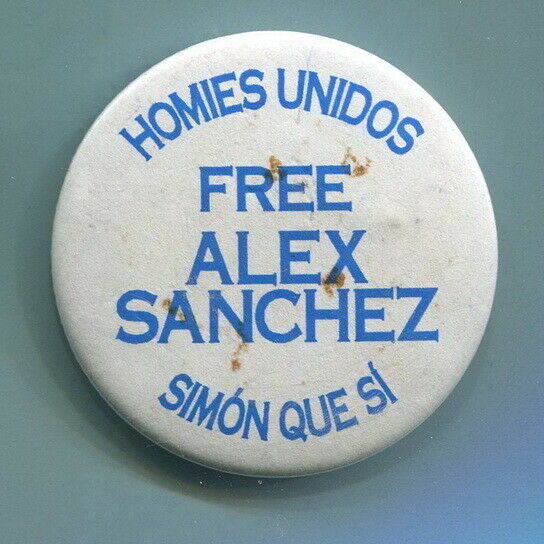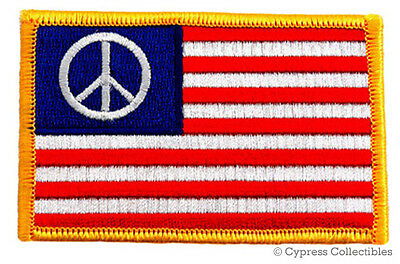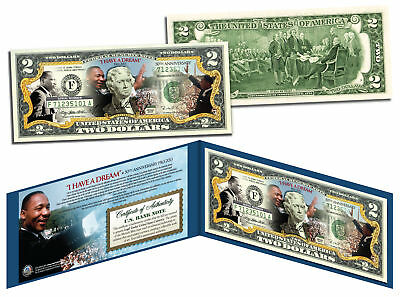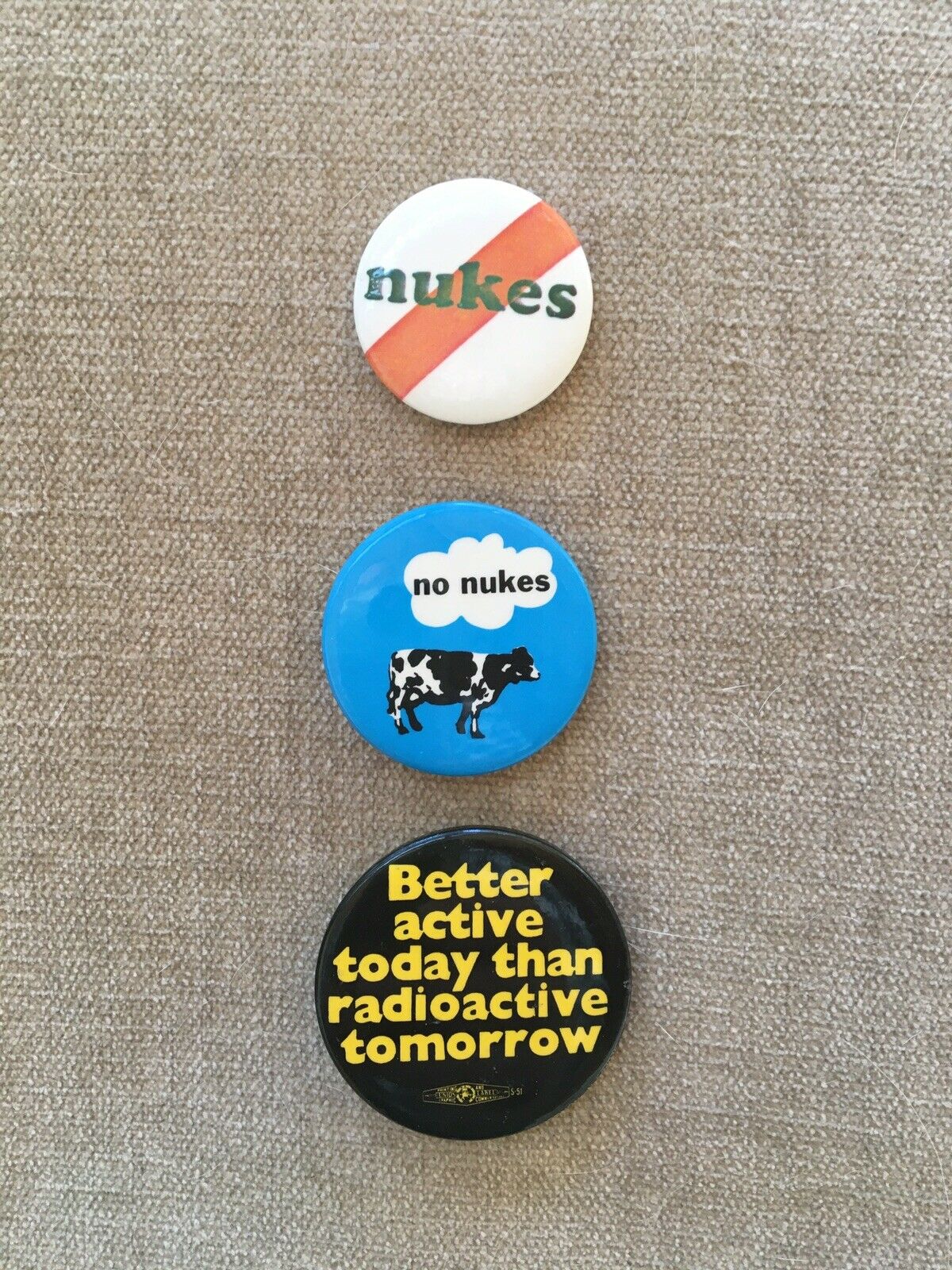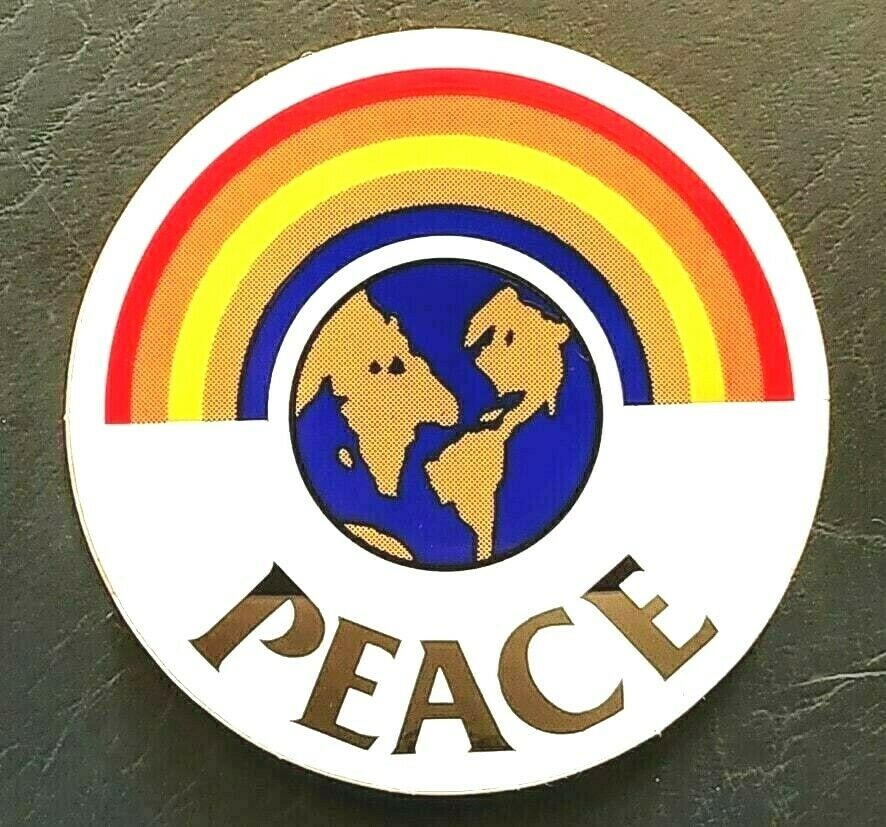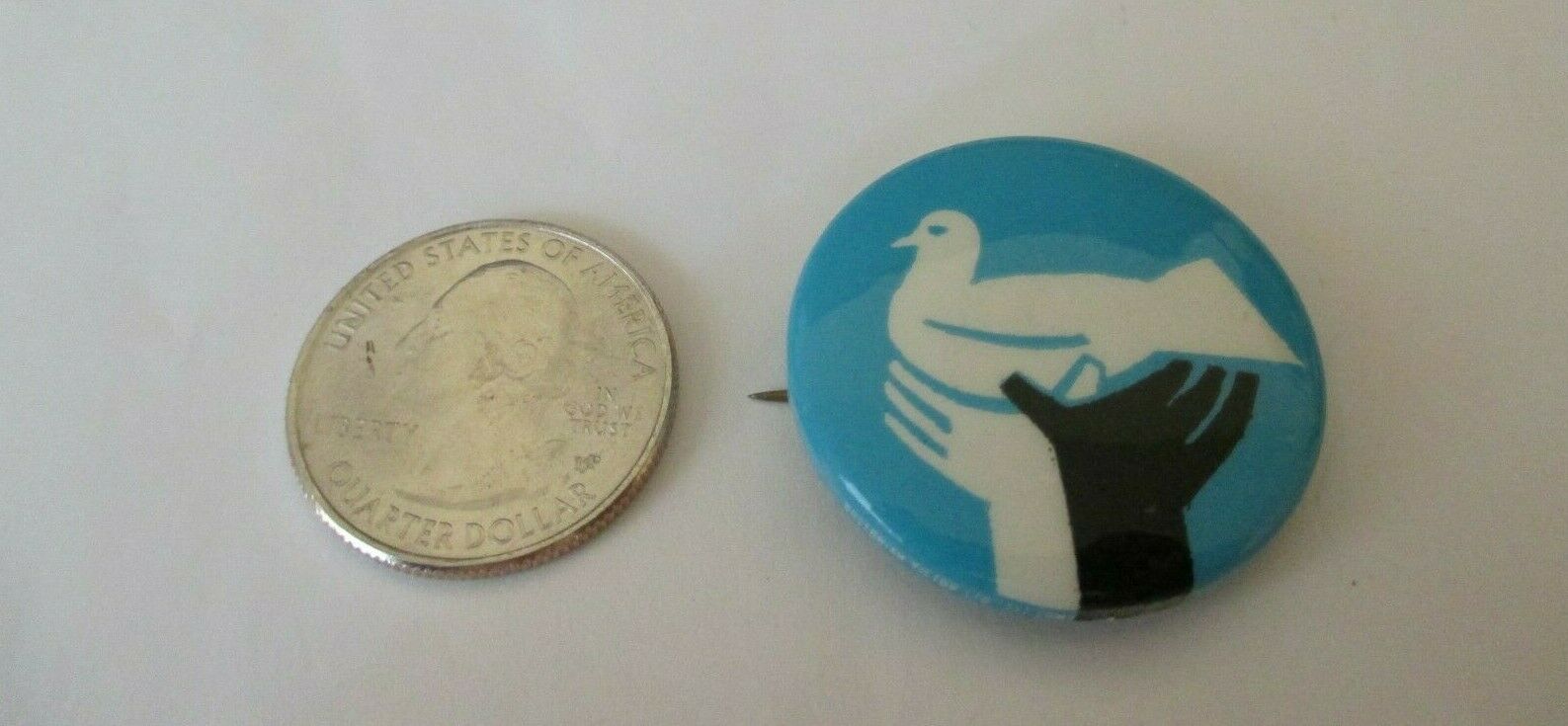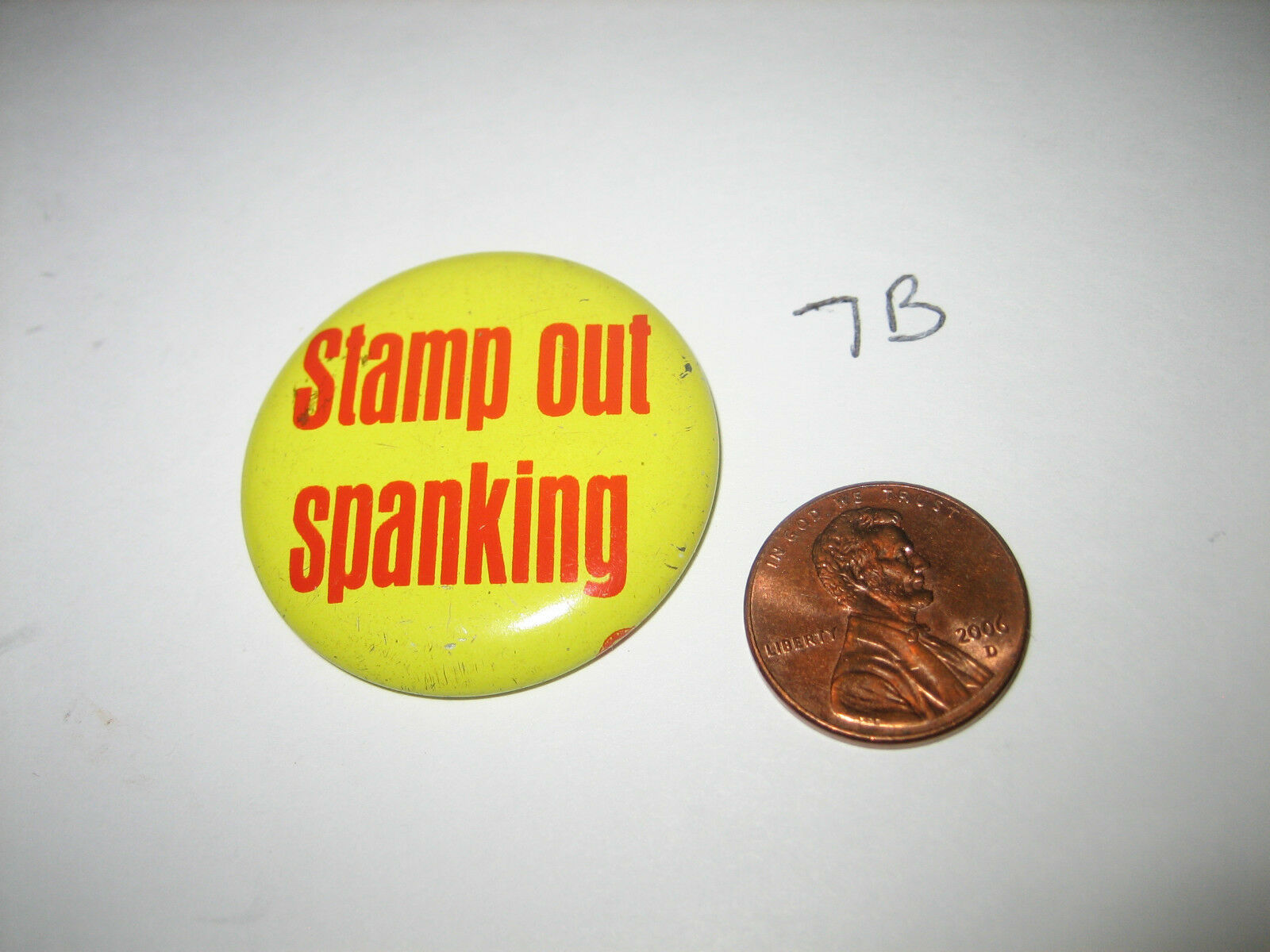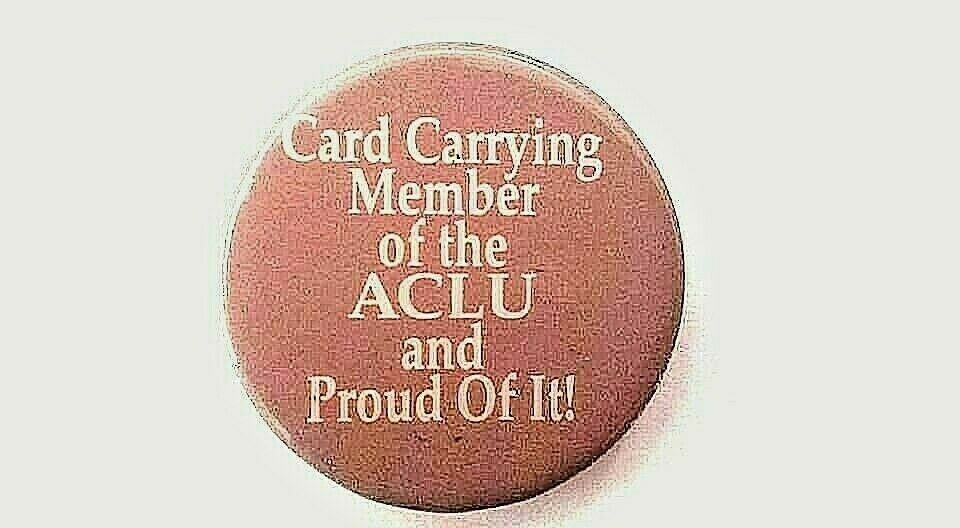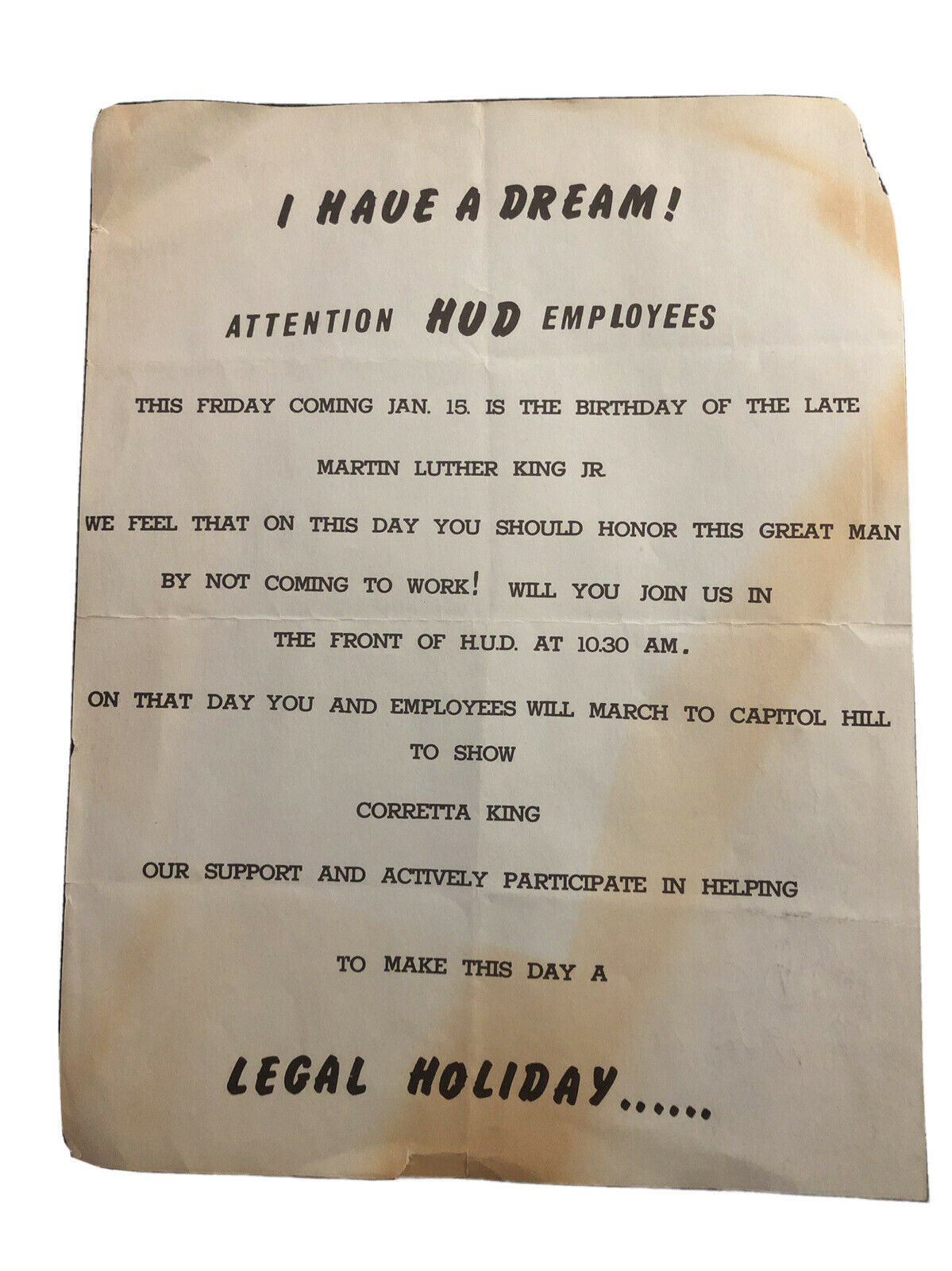-40%
2009 Civil Rights FREE ALEX SANCHEZ Leader of Homies Unidos Police Abuse PIN
$ 10.53
- Description
- Size Guide
Description
THIS LISTING BEGAN ON AUGUST 15, 2021 ANDWILL END WITHIN 30 DAYS
,
ON OR BEFORE SEPTEMBER 15, 2021,
IF THE ITEM IS NOT SOLD
OFFERED FOR SALE IS THIS
2 1/4 INCH CELLULOID PINBACK BUTTON
IN WHAT I BELIEVE TO BE NICE SHAPE, EVEN WITH THE FEW SPOTS ON THE FRONT.
HOWEVER, THAT IS JUST MY OPINION. SEE PHOTOS FOR CONDITION, AND YOU BE THE JUDGE.
IF YOU HAVE ANY QUESTIONS, PLEASE CONTACT ME BEFORE BIDDING OR BUYING.
RETURNS ARE NOT ACCEPTED UNLESS THE ITEM IS NOT AS DESCRIBED OR SHOWN IN THE PHOTOS OR HAS SIGNIFICANT DAMAGE OR DEFECTS NOT VISIBLE IN THE PHOTOS OR OTHERWISE DESCRIBED.
GUARANTEED AUTHENTIC AND ORIGINAL AS DESCRIBED
.
Check out my other Political and Social Protest and Cause items!
This Pin was issued and sold
circa
2009
to raise funds and support for the release of Alex Sanchez, co-founder of
Homies Unidos in Los Angeles
and
a former gang member in MS-13. In June 2013,
Alex Sanchez was arrested, along with two dozen other defendants, in connection with the alleged activities of a local clique of Mara Salvatrucha ( MS-13).
There was no evidence connecting Sanchez to the activities. It was a political prosecution.
Three and one - half (3 1/2) years after the arrest, the prosecution moved to dismiss the charges, without prejudice to refiling them. It was granted by the court and the charges have not yet been reinstated.
Alex Sanchez
is an internationally recognized peacemaker
and co-founder of Homies Unidos in Los Angeles
where he has developed and implemented
innovative violence prevention and intervention programs since 1998
and has also lead the organization as Executive Director since 2006. An outspoken community leader, Alex’s commitment to disenfranchised youth and their families in the
Latino and largely Central American communities of the Pico Union, Westlake and Koreatown areas of Los Angeles
, is rooted in
his
own personal journey that includes
having been a gang-involved youth
,
target of the INS, LAPD and Salvadoran national police and death squads
.
Alex’s family migrated to Los Angeles, California at the end of the 1970s, during the height of military repression in El Salvador. After being involved in gangs and serving time in state prison,
he was deported in 1994 to El Salvador where he met the founder of Homies Unidos, Magdaleno Rose Avila
, and others striving for
social change
. This turning point marked Alex’s commitment to improve his life and to help other youth do the same. He brought back that message of hope and redemption to California and helped found Homies Unidos in Los Angeles in 1998.
THE CASE
On
June 24, 2009
, Sanchez— then 38-years-old, married, the father of three, and
a former gang member who transformed his life to become nationally known for helping kids find a way out of the gang world
, and helping heal communities lacerated by gang violence—was
arrested and charged, along with two dozen other defendants, with a laundry list of crimes having to do with the alleged activities of a local clique of the Mara Salvatrucha (“MS-13″)
.
The charges that were specifically attributed to Sanchez, whom the feds characterized as living a double life as the clique’s shot-caller, all centered around
four wire-tapped phone calls, during which he was supposed to have ordered the murder of Walter “Camaron” Lacinos, who was, indeed, subsequently murdered in El Salvador
, allegedly by a person nicknamed, “Zombie”, whom the feds said was on the primary phone call.
Except he wasn’t
. The prosecution’s expert witness completely misidentified the most crucial participant on the supposedly damning call, who turned out to be—provably— an inactive gang member also nicknamed “Zombie” who was no where near any murders and who, when interviewed, along with his sister, was able to blow a great big hole in the center out of the prosecution’s theory. Added to that, the important parts of the phone conversation were reportedly disasterously mistranslated and/or misinterpreted from the highly colloquial Spanish the men were speaking. And still another part of the conversation, which forcefully contradicted the prosecutors’ contentions that Sanchez was an active gang member and a shot caller, was handily left out of the transcript altogether.
On the prosecutions motion brought 3 ½ years after his arrest, the criminal charges against Sanchez were dismissed without prejudice, thereby permitting them to be refiled in the future.
This underground pinback button pin or badge relates to the Hippie (or Hippy ) Counterculture Movement of the psychedelic Sixties (1960s and Seventies (1970s). That movement included such themes and topics as peace, protest, civil rights, radical, socialist, communist, anarchist, union labor strikes, drugs, marijuana, pot, weed, lsd, acid, sds, iww, anti draft, anti war, anti rotc, welfare rights, poverty, equal rights, integration, gay, women's rights, black panthers, black power, left wing, liberal, etc. progressive political movement and is guaranteed to be genuine as described.
THIS IS
MY HOBBY AND IS NOT A BUSINESS
. THIS AND OTHER ITEMS I LIST ON EBAY ARE FROM MY PERSONAL COLLECTIONS AND WERE NOT INITIALLY ACQUIRED BY ME FOR RESALE. PROCEEDS GO TO BUY OTHER STUFF I AM INTERESTED IN COLLECTING AT THIS MOMENT, AND THEREBY AMOUNTING TO A TRADE OF ITEMS.
I HAVE BEEN A LONG TIME MEMBER OF
A. P. I .C. (AMERICAN POLITICAL ITEMS COLLECTORS)
. IF YOU ARE NOT A MEMBER, YOU SHOULD CONSIDER JOINING.
IT IS A GREAT ORGANIZATION!
SHIPPING:
ITEMS WILL BE SAFELY PACKED TO AVOID DAMAGE DURING SHIPPING. ITEMS ARE SHIPPED BY FIRST CLASS MAIL.
SHIPPING TO DESTINATIONS
WITHIN THE UNITED STATES
IS
.50
OUTSIDE THE UNITED STATES
, SHIPPING IS
.00
I WILL COMBINE SHIPPING CHARGES ON MULTIPLE ITEMS
. However, to get a reduced shipping rate on multiple purchases,
you must wait to pay until I send an invoice with reduced shipping charges
. You can also request one.
I cannot refund shipping costs in whole or in part once paid
. So
please wait to pay!
THANK YOU FOR YOUR INTEREST
The Deacons emerged as one of the first visible self-defense forces in the South and as such represented a new face of the
civil rights
movement. Traditional civil rights organizations remained silent on them or repudiated their activities. They were effective however in providing protection for local African Americans who sought to register to vote and for white and black civil rights workers in the area. The Deacons, for example, provided security for the 1966 March Against Fear from Memphis to Jackson,
Mississippi
. Moreover their presence in Southeastern Louisiana meant that the Klan would no longer be able to intimidate and terrorize local African Americans without challenge.
The strategy and methods that the Deacons employed attracted the attention and concern of the Federal Bureau of Investigation (FBI), which authorized an investigation into the group’s activities. The investigation stalled, however, when more influential black power organizations such as US and the
Black Panther Party
emerged after the
1965 Watts Riot
. With public attention, and the attention of the FBI focused elsewhere, the Deacons lost most of their notoriety and slowly declined in influence. By 1968 they were all but extinct. In 2003 the activities of the Deacons was the subject of a 2003, “Deacons for Defense.” - See more at: HTTPS://www.blackpast.org/aah/deacons-defense-and-justice#sthash.s6D3h3ZZ.dpuf
On July 10, 1964, a group of African American men in Jonesboro,
Louisiana
led by Earnest “Chilly Willy” Thomas and Frederick Douglas Kirkpatrick founded the group known as The Deacons for Defense and Justice to protect members of the
Congress of Racial Equality (CORE)
against Ku Klux Klan violence. Most of the “Deacons” were veterans of
World War II
and the
Korean War
. The Jonesboro chapter organized its first affiliate chapter in nearby Bogalusa, Louisiana led by Charles Sims, A.Z. Young and Robert Hicks. Eventually they organized a third chapter in Louisiana. The Deacons tense confrontation with the Klan in Bogalusa was crucial in forcing the federal government to intervene on behalf of the local African American community. The national attention they garnered also persuaded state and national officials to initiate efforts to neutralize the Klan in that area of the Deep South.
The Deacons emerged as one of the first visible self-defense forces in the South and as such represented a new face of the
civil rights
movement. Traditional civil rights organizations remained silent on them or repudiated their activities. They were effective however in providing protection for local African Americans who sought to register to vote and for white and black civil rights workers in the area. The Deacons, for example, provided security for the 1966 March Against Fear from Memphis to Jackson,
Mississippi
. Moreover their presence in Southeastern Louisiana meant that the Klan would no longer be able to intimidate and terrorize local African Americans without challenge.
The strategy and methods that the Deacons employed attracted the attention and concern of the Federal Bureau of Investigation (FBI), which authorized an investigation into the group’s activities. The investigation stalled, however, when more influential black power organizations such as US and the
Black Panther Party
emerged after the
1965 Watts Riot
. With public attention, and the attention of the FBI focused elsewhere, the Deacons lost most of their notoriety and slowly declined in influence. By 1968 they were all but extinct. In 2003 the activities of the Deacons was the subject of a 2003, “Deacons for Defense.” - See more at: HTTPS://www.blackpast.org/aah/deacons-defense-and-justice#sthash.s6D3h3ZZ.dpuf
On July 10, 1964, a group of African American men in Jonesboro,
Louisiana
led by Earnest “Chilly Willy” Thomas and Frederick Douglas Kirkpatrick founded the group known as The Deacons for Defense and Justice to protect members of the
Congress of Racial Equality (CORE)
against Ku Klux Klan violence. Most of the “Deacons” were veterans of
World War II
and the
Korean War
. The Jonesboro chapter organized its first affiliate chapter in nearby Bogalusa, Louisiana led by Charles Sims, A.Z. Young and Robert Hicks. Eventually they organized a third chapter in Louisiana. The Deacons tense confrontation with the Klan in Bogalusa was crucial in forcing the federal government to intervene on behalf of the local African American community. The national attention they garnered also persuaded state and national officials to initiate efforts to neutralize the Klan in that area of the Deep South.
The Deacons emerged as one of the first visible self-defense forces in the South and as such represented a new face of the
civil rights
movement. Traditional civil rights organizations remained silent on them or repudiated their activities. They were effective however in providing protection for local African Americans who sought to register to vote and for white and black civil rights workers in the area. The Deacons, for example, provided security for the 1966 March Against Fear from Memphis to Jackson,
Mississippi
. Moreover their presence in Southeastern Louisiana meant that the Klan would no longer be able to intimidate and terrorize local African Americans without challenge.
The strategy and methods that the Deacons employed attracted the attention and concern of the Federal Bureau of Investigation (FBI), which authorized an investigation into the group’s activities. The investigation stalled, however, when more influential black power organizations such as US and the
Black Panther Party
emerged after the
1965 Watts Riot
. With public attention, and the attention of the FBI focused elsewhere, the Deacons lost most of their notoriety and slowly declined in influence. By 1968 they were all but extinct. In 2003 the activities of the Deacons was the subject of a 2003, “Deacons for Defense.” - See more at: HTTPS://www.blackpast.org/aah/deacons-defense-and-justice#sthash.s6D3h3ZZ.dpuf
On July 10, 1964, a group of African American men in Jonesboro,
Louisiana
led by Earnest “Chilly Willy” Thomas and Frederick Douglas Kirkpatrick founded the group known as The Deacons for Defense and Justice to protect members of the
Congress of Racial Equality (CORE)
against Ku Klux Klan violence. Most of the “Deacons” were veterans of
World War II
and the
Korean War
. The Jonesboro chapter organized its first affiliate chapter in nearby Bogalusa, Louisiana led by Charles Sims, A.Z. Young and Robert Hicks. Eventually they organized a third chapter in Louisiana. The Deacons tense confrontation with the Klan in Bogalusa was crucial in forcing the federal government to intervene on behalf of the local African American community. The national attention they garnered also persuaded state and national officials to initiate efforts to neutralize the Klan in that area of the Deep South. - See more at: HTTPS://www.blackpast.org/aah/deacons-defense-and-justice#sthash.s6D3h3ZZ.dpuf
